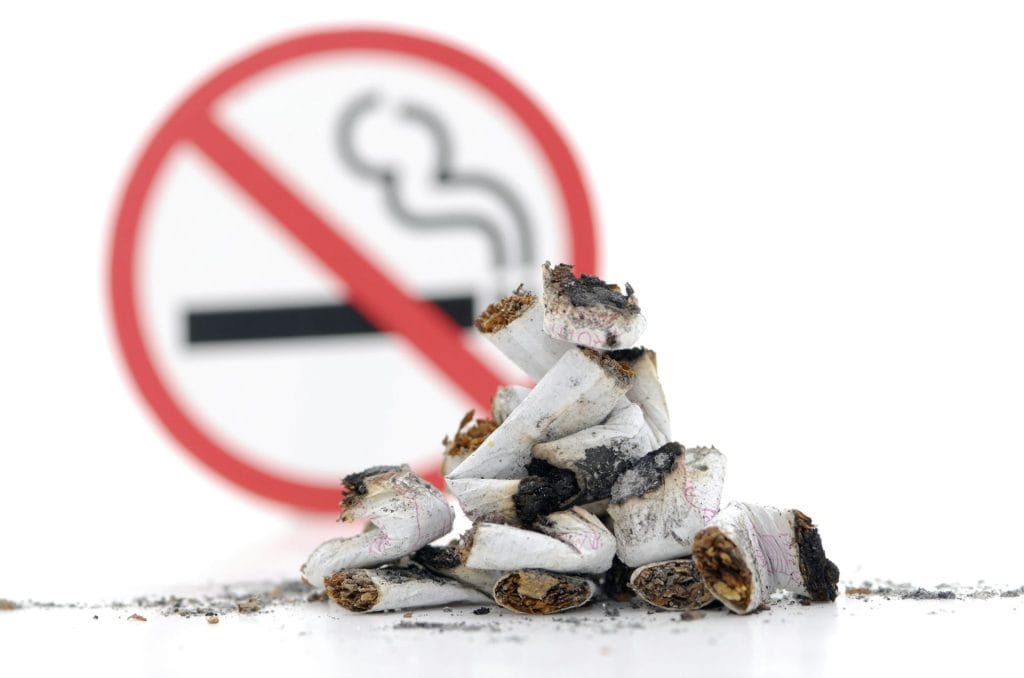The South African government has decided to amend its tobacco legislation in order to reduce smoking and exposure to tobacco products among the general public.
Among the planned changes are rules such as introducing plain packaging for cigarettes with graphic health warnings and images, banning cigarette vending machines nationwide, creating 100% smoke-free zones in indoor public places, and completely prohibiting the display of tobacco products at points of sale.
Following the announcement of this new bill, public reactions have been divided.
While a large portion of South Africans support these measures, some claim that they represent an overly restrictive approach.
BAT’S HARSH CRITICISM OF THE GOVERNMENT
Tobacco giant British American Tobacco (BAT) and other major companies have strongly criticized the government, pointing out that even current laws are difficult to enforce.
They claimed that only 25% of the market would comply with these bans, while the remaining 75% consists of criminals engaged in illicit tobacco sales.
This group, they argued, would simply ignore the new regulations, leaving legal companies like theirs to suffer the consequences.
They further contended that the new policy would strengthen the illicit market, as illegal producers could more easily counterfeit plain packaging.
DATA SHOWS ILLICIT TRADE IS RISING
While these remarks may initially seem biased, certain data suggests that BAT’s statements may not be entirely unfounded.
Figures indicate that illicit sales particularly increased during the Covid-19 pandemic in 2020.
The year before the pandemic, 14 billion rand in excise taxes was collected, but one year after the pandemic began, this amount had dropped to 9 billion rand.
At the same time, there was no significant decline in cigarette consumption, providing concrete evidence of an increase in illegal sales.
SMOKING RATES IN THE COUNTRY CONTINUE TO RISE
Over the following decade, the number of reported cigarette sales fell dramatically, yet research revealed that smoking rates were actually increasing.
The widespread availability of illicit products has been a key factor in this trend. SARS set the minimum collectable tax value for a pack of cigarettes at 26.22 rand.
However, Ipsos research shows that South Africans can buy a pack for as little as 5 rand.
BAT stated that while they do not support the current legal changes, they do support the country’s broader strategy to reduce smoking rates.
The government may take these criticisms into account, but it could still pass the law in order to prioritize public health.



